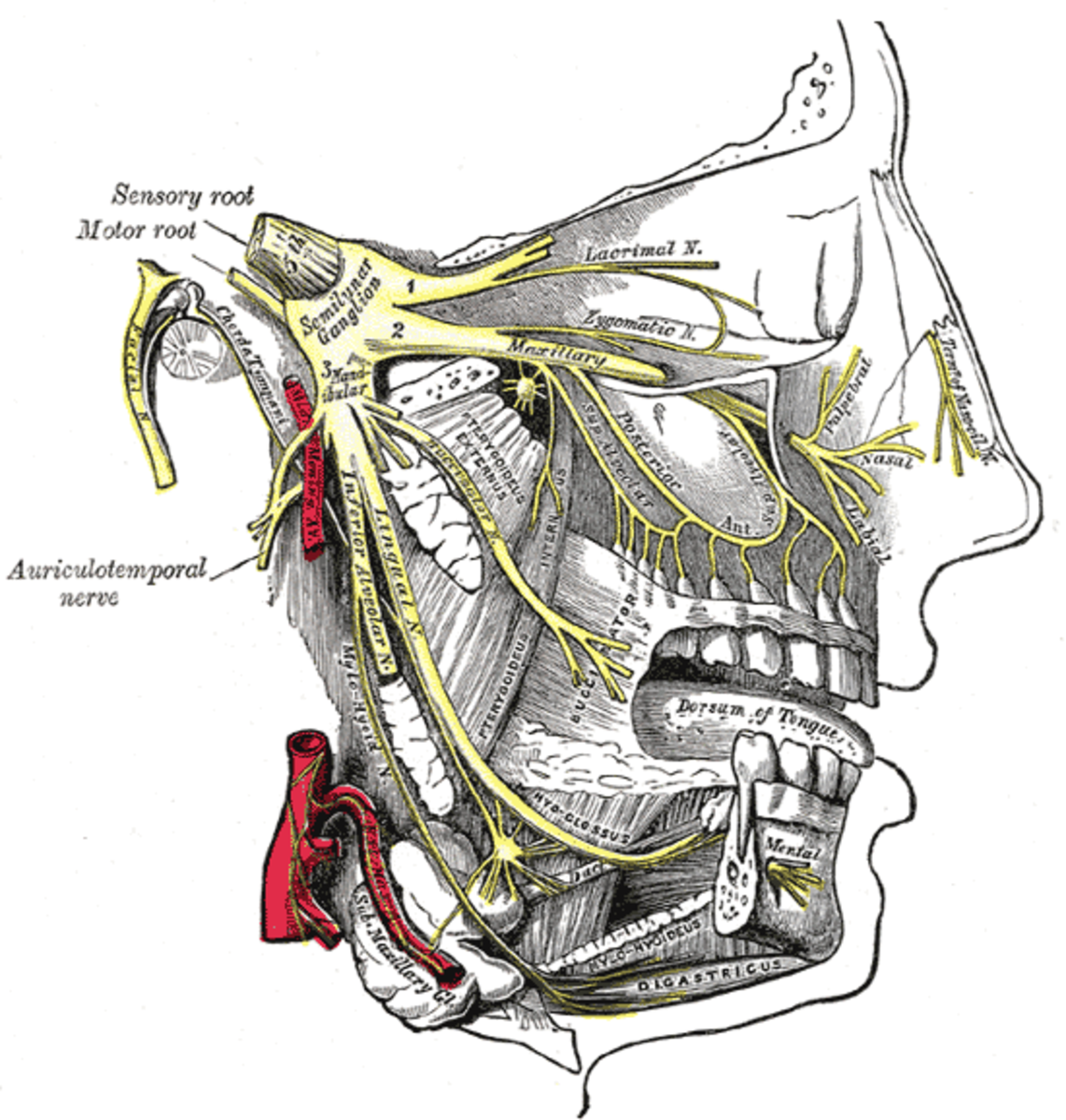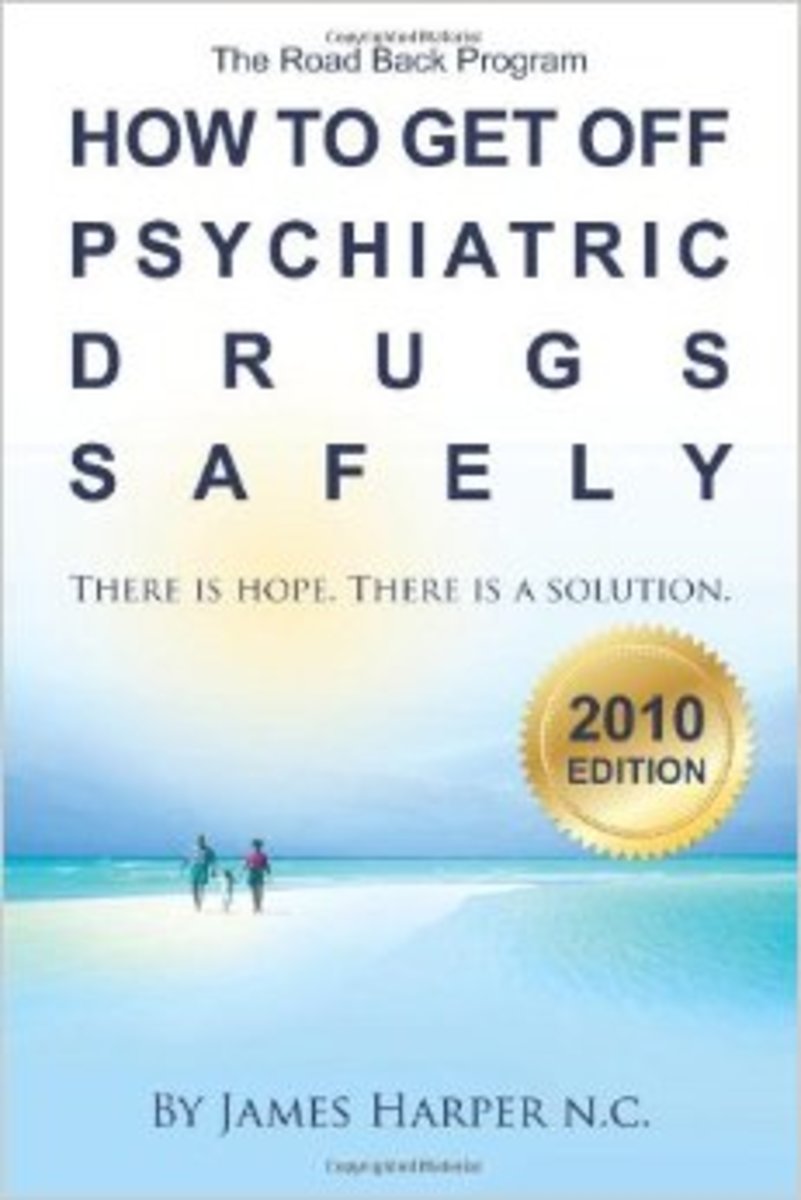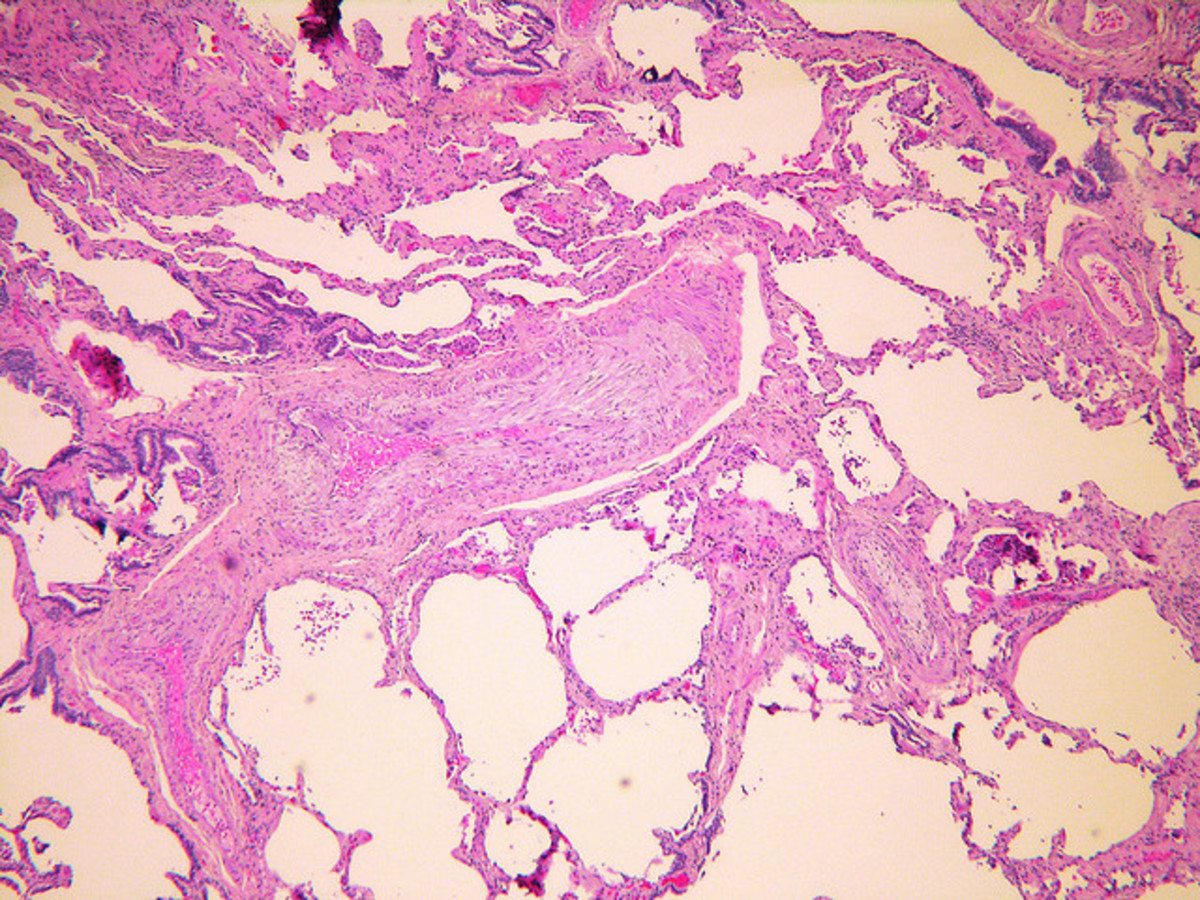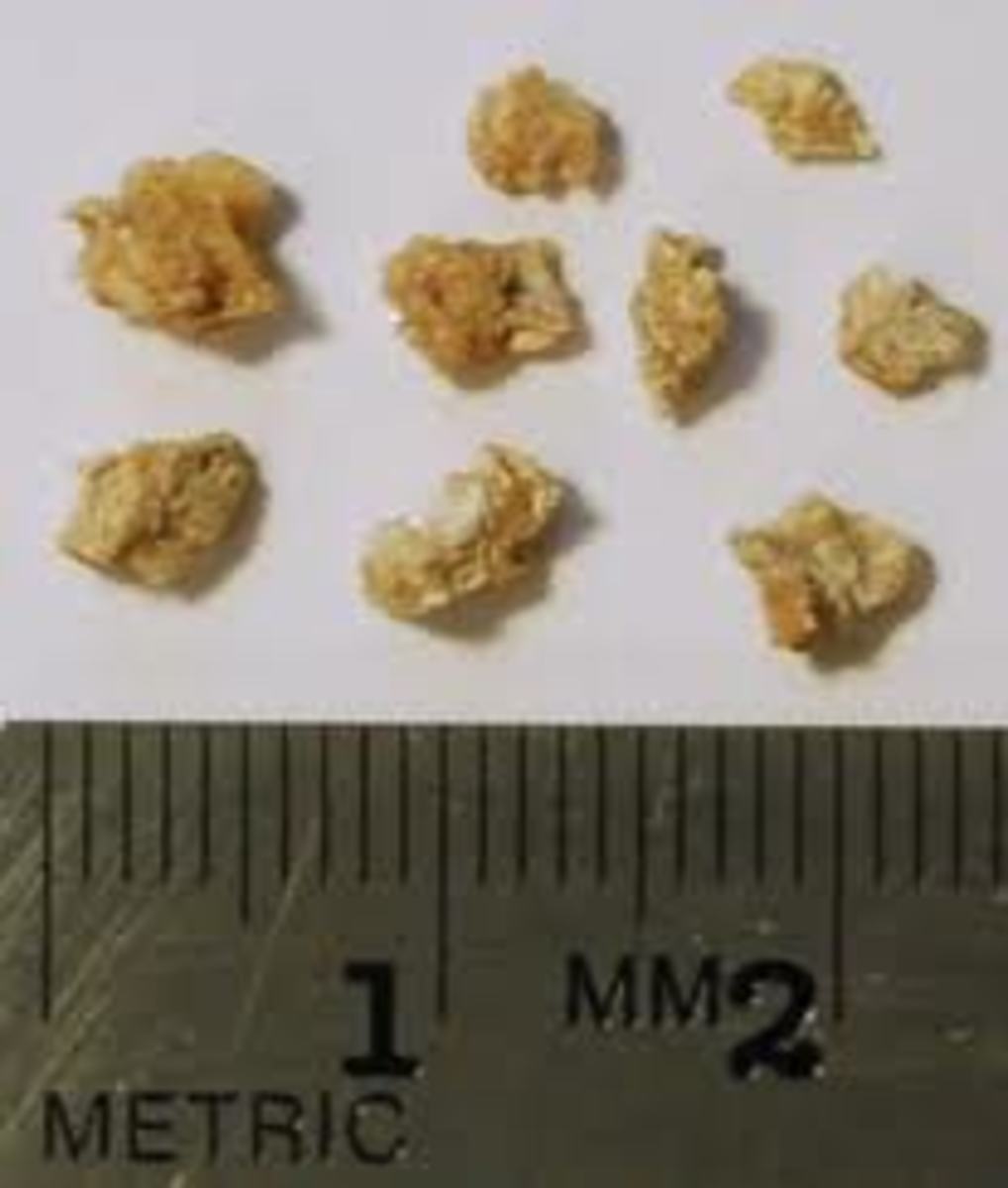My Experiences with Seven Fibromyalgia Medications
Disclaimer: I am not a medical professional. This article and it’s contents should not be used in place of a doctor or pharmacist to diagnose or treat your condition. I am an FMS sufferer with a goal of helping others get their FMS in hand so they can live fulfilling lives.
Though there is no cure for Fibromyalgia there are many medications used to treat it. Not every medication works for everyone so finding one that works for you requires a lot of trial and error and hopefully a very helpful healthcare provider.
I started writing this article with the intent to provide an expansive list of all the medications that are used to treat FMS, how they work and what side effects they caused. I quickly realized that, while I could do the research, I was grossly under qualified and other people had spoken more eruditely before me.
But I still wanted very much to address the medical treatments that are available for people suffering from FMS. That’s when it hit me, over the past three years I’ve tried plenty of medications. Certainly I was qualified to discuss those, how they had affected me and how well they had or hadn’t worked. So here it is, my personal experience with Amitriptalyne, Cyclobenzaprine, Gabapentin, Mirapex, Prozac, Tramadol and Tylenol 3.

Amitriptalyne (Elavil)
Drug overview- A tricyclic anti-depressant that is rarely used to treat depression anymore. According to my doctor this medication is now used almost exclusively to treat nerve pain.
Duration- 2.5 years. Every night.
Dosage- From 2.5 mg to 75 mg over 2.5 years.
My experience- For 2.5 years this medication was amazing. I took it at night and was able to sleep, without sedation. The only downside (maybe upside) was that when I took it I generally slept for 8-12 hours. Which was fine for me as FM caused to me quit my job but the late mornings would have been a problem if I had a schedule to keep. I could, get up earlier, it was just very difficult. The effect on my pain was huge. Un-medicated my average pain level is between 8-10 (on a scale of 1-10) with daily flare ups. On Amitriptalyne I averaged around 6.
So why did I stop? It suddenly stopped working. The only thing that happened at the time was me having my first acupuncture treatment. It’s hard to imagine how that might have caused the meds to stop working but I can’t think of anything else.
Another downside: the withdrawal that I experienced was pretty vicious. I didn’t even realize it was withdrawal at the time. I wasn’t addicted to the medication, I’m not certain you can be to Amitriptalyne, but the nerves in my hands started misfiring so that my fingers and palms burned for weeks. It was so bad I couldn’t touch anything. My husband had to tie my shoes. Honestly though, the two years of lower pain were definitely worth it.
Side effects- Drowsiness after I took the medication, they kept me asleep for 8-12 hours a night and weight gain.
Recommended? Absolutely. If this medication works for you it’s a great choice for long-term pain management. There are relatively few symptoms. I did still have occasionally flare-ups but it was 5% (un-medicated) to 50%(on Amitriptalyne) of how I felt when I was healthy.
Cyclobenzaprine (Flexeril)
Drug overview- A muscle relaxant that works by interrupting pain-related nerve impulses as they make their way to the brain.
Duration- 3 years, taken occasionally.
Dosage- 10 mg tab as needed.
My experience- I have heard that many people take this medication for FMS to great effect. I am not one of those people. When I was first diagnosed this was one of the early medications my doctor prescribed me. It never helped the nerve pain. In my case most of my FM pain feels like it’s right under the surface of my skin rather than in my muscles. However, in my good periods I write a lot and the muscles in my neck, shoulders and back bunch up in knots. I’m pretty sure this is FMS related (excercise doesn't make it better). When that happens Cyclobenzaprine is a godsend. It can mean the difference between being in bed all day with incapacitating muscle spasms and getting up and writing.
Side effects- Drowsiness but not to the point of sedation.
Recommended? In my experience there is nothing better for the muscle spasms FM causes.
Gabapentin (Neurontin)
Drug overview- An anti-epileptic medication that affects chemicals and nerves in the body related to pain and seizures.
Duration- 3 periods of about 2 weeks each.
Dosage- Between 200 mg and 600 mg daily
My experience- Gabapentin has a whole host of unpleasant side effects and it is very strong. My doctor cautioned me against considering it for long-term pain management. When you have FM you sometimes get stuck in pain cycles that your body can’t seem to get out of. For example: about a year ago I was trying a new medication (see below) that was completely ineffective for my pain. I got stuck in a cycle where I had about seven flare ups (level 10 pain) over a weekend. The flare ups were lasting 8-12 hours and would not respond to narcotics. My doctor was amazing and made a house call. She prescribed a course of Gabapentin. I increased from 200 mg to 600 mg daily over the course of a week, and then tapered off the week after. My high pain cycle was broken and I went back on Amitriptalyne.
Side effects- Dry mouth, listlessness, confusion, lethargy and general dopiness. I couldn’t accomplish much, if anything, while taking this medication but compared to the pain it was definitely preferred.
Recommended? If you’re pain is really bad and is not responding to narcotics I would reccomend this medication but it is a last resort. It can be extremely effective for lifting you ouy of an especially bad period but your life will become a bit of a haze while you’re on it.
Mirapex (Pramipexole)
Drug overview- Mirapex is a medication used to treat Parkinson’s disease and Restless Leg Syndrome. It has a similar effect to dopamine (your body’s natural pain killer) in the brain.
Duration- Nearly one month to present.
Dosage- .25 mg to .75 mg at night.
My experience- I love this drug! About four months ago my Amitriptalyne just randomly stopped working and I heard about this medication from a family member who has Chronic Fatigue Syndrome (a syndrome related to FMS). She had recently tried it and had a great experience so I decided to give it a try as well. The difference has been quick and amazing. I went from 20% to about 60% (of a healthy person’s energy) in about three weeks. There are side effects but it’s so worth it! I can get up in the morning and only have to lay down once or twice in the day. Though my muscle spasms have been pretty bad as I’ve been spending so much time writing.
Side effects- Extreme sedation, dry mouth, runny nose, nausea, light-headedness, hallucinations (it’s not as bad as it sounds), loss of appetite and weight loss.
Recommended? Wow, all those side effects sound pretty bad actually but would I recommend this medication? Hell yeah! It’s made such a huge difference in my life. The side effects are nothing compared to how much I’ve been able to participate in my life over the last month.
Prozac (Fluoxetine)
Drug overview- An SSRI anti-depressant used to treat depression, panic, anxiety, bulimia and obsessive-compulsive symptoms.
Duration- 4 months Dosage- 20 mg- 30 mg daily
My experience- I’m not going to waste your time on this one. Prozac just didn’t work for me. It was the medication that lead me to the ‘multiple flare ups a day, lasting 8-12 hours’ business. However, this is a very important point. Not all medication work for everyone. Prozac didn’t work for me but other people with FM have found it to be very helpful. My positive experience with Mirapex does not ensure that it will work for you. It seems that all of our bodies deal with FMS in a different way. Unfortunately that means that we must use trial and error to figure out which treatments work best for us.
Side effects- Loss of appetite and weight loss, frequent urination, decreased sex drive, worse pain.
Recommended? I couldn’t say. I’m not sure that the Prozac caused the higher pain or if it was just a result of my pain being unmanaged. If you haven’t yet found anything that works I’d say give it a try.
Tramadol
Drug overview- A narcotic pain reliever used to treat moderate to severe pain.
Duration- 1 week. Dosage- 25 mg as needed
My experience- I started taking this medication before I was officially diagnosed with FM. I had taken all the exclusionary tests and we were waiting to hear the results. My doctor suggested it as an alternative to Tylenol 3 as I was still working part-time and needed narcotics on a regular basis to keep functioning. It worked well enough for the pain, though it made me a little dopey. My reason for discontinuing the medication was that I was allergic to it. Within a couple days of starting it I got a rash on the back of my hands and I was having a hard time breathing. I discontinued immediately. Codeine sensitivity is a very common allergy, and Tramadol is a codeine derivative, but it wasn’t actually the codeine I was allergic to as I’ve never reacted to Tylenol 3. If you find you’re allergic to one you may not be allergic to the other.
Side effects- Drowsiness, dopiness. It seemed like everything was happening in slow motion.
Recommended? It definitely worked for the pain, however narcotics are never a good long-term solution for treating FM. Over the long term they can effect your short-term memory, become less effective and actually cause hyperalgesia (increased pain).
Tylenol 3
Drug overview- A combination of acetaminophen and codeine. A narcotic pain reliever used to treat moderate to severe pain. The acetaminophen is a milder pain reliever that increases the effect of codeine.
Duration- Three years. Taken occasionally.
Dosage- 30 mg as needed.
My experience- I’ve actually taken this medication in two different ways. Three years ago, before I was diagnosed, Tylenol 3 was my main tool for pain management for about 10 months. I barely have any memories from that span of time. But, I do know that I was able to write. I know this because I finished a manuscript in that time. However later, on Amitriptalyne, when I went back to edit I saw that it was really poorly written with no flow. It was obvious that I had been on medication at the time. Long-term use also caused hyperalgesia (higher pain) so I had to discontinue the medication for a few months. For the last two years however Tylenol 3 has been my fallback. Unfortunately, no matter how good I feel my pain always goes up to 9-10 on occasion. For these times Tylenol 3 is invaluable. It doesn’t make the pain go away but it lowers it to a more manageable 6-8 and even brings a soothing kind of drowsiness.
Side effects- confusion, short-term memory loss, constipation (horrible), loss of memory.
Recommended? NO, not for long-term use or as a primary means of pain management but YES as a backup. Having Tylenol 3 for those 1-3 times a week when my pain becomes unmanageable so that I can’t sleep or stand the touch of clothing or sheets on my skin is invaluable.
Seven!
I can’t believe that over three years I’ve already tried seven different medications for pain management and sleep. I’d say the two things I’ve learned about using medication to treat FMS are:
1) Trial and error is a must. If one thing doesn’t work don’t give up. And if one thing works ok consider trying more. Just make sure that your choices are well researched. Read as many studies as you can.
2) You never stop trying to new medications. I know many people who have had great experiences with FM medications that have stopped working suddenly, or gradually over the years. There are also people for whom a life change can cause a medication to stop working for them. Never give up on finding something that works for you.
Remember that you are in charge of your healthcare, not your doctor. Your doctor should serve as a supportive guide. Take responsibility for yourself.
A note on alternative medicines and therapies: Medication is not the only way to treat FM. Many people have had great success with acupuncture, aromatherapy, physical therapy and more. Watch for a future hub about my experience with alternative medicines and therapies.
Everyone with Fibromyalgia can benefit from positive lifestyle changes like avoiding sugar and caffeine, resting regularly during the day, treating sleep problems and moderate exercise.








